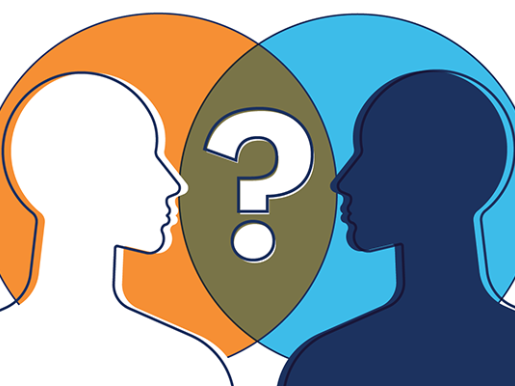Table of Contents
Cognitive Behavioral Theory for Civil Discourse

Cognitive distortions, or bad mental habits which can be gently challenged and can be disproved factually, pose obstacles to intrapersonal and interpersonal communication alike. Learning how to recognize the cognitive distortions that we engage in can help us to catch them before they lead us down an unhealthy mental spiral. Cognitive Behavioral Therapy (CBT) is a therapeutic intervention which aims to teach people how to recognize the cognitive distortions that fuel their anxiety and depression.
David Burns, a leading psychiatrist specializing in CBT, identifies in his book Feeling Good Together a few common obstacles to a reasoned discussion and understanding between people.
In this guide, we’ve adapted Dr. Burns’s cognitive insights for discussions between interlocutors. An interlocutor is simply someone you talk to, like a discussant.
We can divide these obstacles into “Ten Distortions.” These distortions can quickly damage a calm and good-natured discussion.

